Organic winemaking
Being Organic must be a Philosophy!
“We do believe that with organic approach we can protect the vitality of the vines and so have better quality now and in the future. In order to be able to communicate this philosophy we only use our own grapes to create the Hétszőlő wines.” (Gergely Makai, general manager & technical director)
Organic Approach at Hétszőlő
From the beginning, Hétszőlő has had a very good background for organic viticulture and always has tried to be conscious about environmental issues. As there was no viticulture at the slopes of Hétszőlő between the 1950’s and 1990 – in fact in the era of massive agrochemical use of Soviet regime – it was nearly a must to figure out a more environmental friendly way of culture at the time of replantation at Hétszőlő vineyards in 1991. Hétszőlő has never used artificial fertilizer and herbicides neither insecticide.
To make organic culture more official, Hétszőlő began the conversion process for organic certification in 2009 with the label of Hungária Ökogarancia, an official organic certifier in Hungary.
Today all the 55 hectares of vineyards of the estate are cultivated strictly in organic way. The first attempt for organic wine was in vintage 2014 where a dry Furmint was vinified according to organic wine making rules. This was followed by the successful 2015 vintage dry Furmint and since 2017, all our wines, vintages are certified organic, even the most complex aszú wines too.
Our main points of organic viticulture:
- • Limited chemical use by using minuscule amounts of copper and sulfur.
- • Instead of systemic chemicals we use more natural products like, orange oil, baking powder and other natural substances.
- • No artificial fertilizer , no herbicides.
- • Natural pest management by using predatory insects.
• Soil management with compost and diverse cover crops. - • Strict canopy work and management.
- • Ecological islands next to vine parcels to increase biodiversity
- • As natural wine making as possible based on traditional wine making methods.




